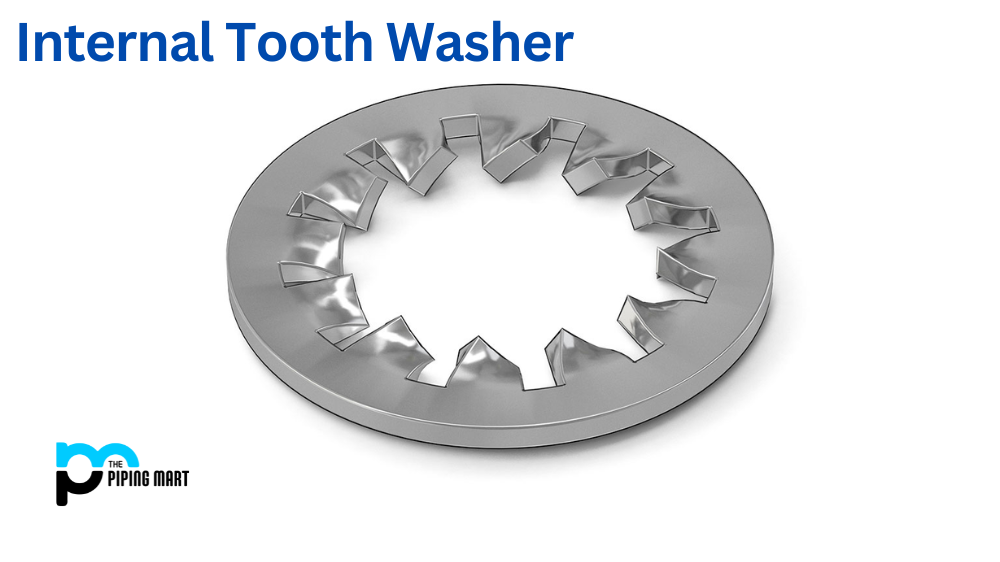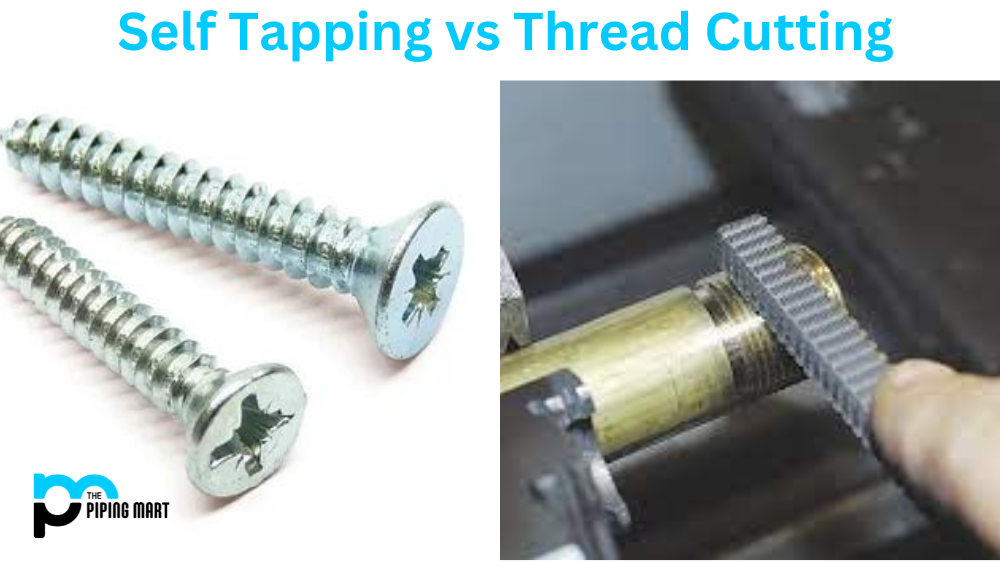Internal tooth washers, also known as star washers, are commonly used in mechanical engineering for their locking properties. These washers are designed with small inward-facing teeth that create a locking force on the bolt or nut, preventing it from loosening during use. However, despite their many advantages, internal tooth washers have a few drawbacks. In this blog post, we will examine the advantages and disadvantages of using internal tooth washers.
Advantages:
Locking Mechanism:
As mentioned before, the primary advantage of using an internal tooth washer is its locking mechanism. Due to the small inward-facing teeth, the washer creates a strong grip that prevents the bolt or nut from loosening over time. This is particularly important in high-vibration settings, where the risk of loosening is much higher.
Corrosion Resistance:
Internal tooth washers are often made from stainless steel and are highly resistant to rust and corrosion. This makes them an excellent choice for outdoor settings or locations with high moisture content, as they will not degrade or lose their function over time.
Easy to Install:
Internal tooth washers are relatively easier to install than other locking mechanisms. They are designed to fit easily onto bolts and nuts and can be paired with regular or flat washers for added security.
Disadvantages:
Limited Reuse:
Unlike other washers, internal tooth washers are not designed for multiple uses. Once they have been compressed and the teeth have been compressed, they may not be able to provide the same level of locking force as before. This means that they need to be replaced more often than regular washers.
May Deform the Material:
The teeth on an internal tooth washer can cause deformation in the material on which they are placed. This can lead to weakened areas in the bolts or nuts over time, which may eventually fail.
Limited Applications:
While internal tooth washers are ideal for high-vibration settings and outdoor applications, they may only suit some situations. They may not be recommended in settings where the bolt or nut needs to be tightened to specific torque values.
Conclusion:
Internal tooth washers are incredibly useful for locking bolts and nuts in place, particularly in high-vibration settings. While they have a few drawbacks, such as limited reuse and potential for material deformation, their advantages far outweigh their disadvantages. When used correctly, internal tooth washers can provide a reliable locking mechanism that prevents equipment failure and keeps everything in place. If you need to use internal tooth washers for your next mechanical project, choose the right size and material and consider their limitations and applications.

Abhishek is a seasoned blogger and industry expert, sharing his insights and knowledge on various topics. With his research, Abhishek offers valuable insights and tips for professionals and enthusiasts. Follow him for expert advice on the latest trends and developments in the metal industry.




